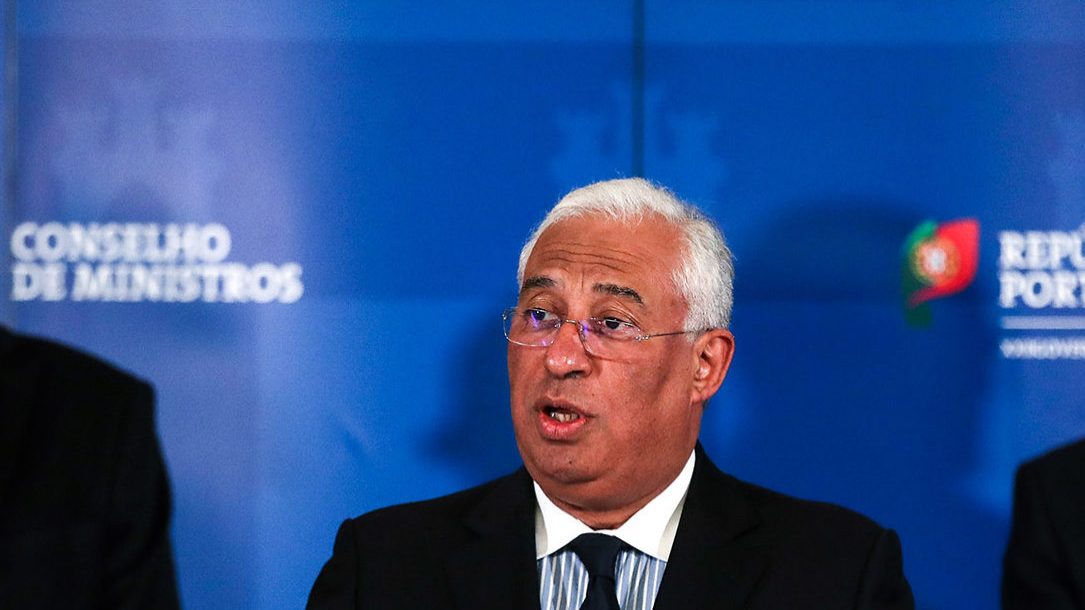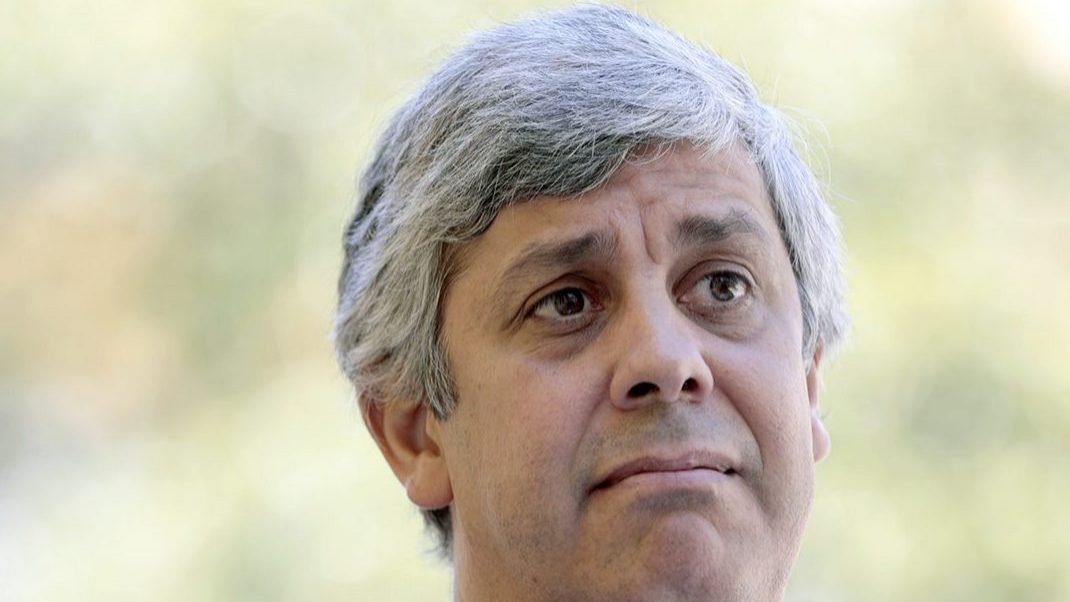PM hopes Porto social summit will be milestone in EU history
António Costa believes that the Social Summit in Porto on Friday can be an important milestone in the history of the EU.
The Prime Minister hopes that the Social Summit in Porto on Friday will be a milestone in the history of the European Union (EU) with the achievement of a general agreement subscribed by European institutions and, for the first time, social partners.
“If we succeed in the Social Summit to obtain for the first time a compromise in which the Council and the Commission sign an agreement with the European Trade Union Confederation, the ETUC, with Business Europe, which is the association of European SIBS, with the confederation of European small and medium-sized enterprises (SMEs), with the confederation of general services companies, then it will be the first time in the history of the European Union that there is a general agreement that brings together all social partners and European institutions,” said António Costa in an interview with Lusa news agency.
According to the prime minister of Portugal, the country that presides over the EU Council until June, this will be “the first time” that a compromise of this breadth has been reached, “because in Gothenburg [in Sweden in 2017] there was a declaration that had an agreement at institutional level, but it was not signed by any social partner.”
“In the first social summit, when [Jean-Claude] Juncker was prime minister of Luxembourg, the trade unions were not even at the table. They were at a demonstration outside. This time, we will all be at the summit, on Friday afternoon, heads of state and government, trade union leaders, business leaders, members of civil society, academics, on the different panels, in an open, transparent and frank discussion about what the future of social Europe should be,” argued António Costa.
For the Prime Minister, “the possibility of having this agreement will be a very important milestone” for the European Union.
The day after, on Saturday, during the informal meeting of EU heads of State and Government, “despite the different visions that the 27 member-states have about what the role of the Union and the member-states should be in terms of social policy”, António Costa says he hopes to achieve “a common declaration of support or political endorsement of the European Commission’s action plan”.
“It will obviously be a milestone. Afterwards, we have all the work ahead of us to implement this action plan that was presented last March,” he added.
In this interview, António Costa also sought to highlight the path taken in terms of the development of the Social Pillar, since 2017, with the Gothenburg Summit, in Sweden, where 21 general principles were approved.
“At the time, I was one of those who said: ‘Okay, we have general principles, but now we have to move from words to deeds, we need an action plan. We had to wait from 2017 until 2021 to have this plan,” he says.
According to the Prime Minister, in the preparatory work done by the Portuguese presidency with the European Commission, the existence of an action plan for the development of the Social Pillar was immediately foreseen.
“The European Commission presented the action plan which was subject to public discussion and launched it. Now we have the opportunity for the social partners to be able to say not only that they agree, but also to sign a document in which they commit themselves to support the implementation of the action plan”.
António Costa considers that this act is above all “a symbolic gesture”.
“But it is one of those symbolic gestures that has a very important charge, because we are talking about entities that represent the social partners at European level. The signature of the President of the European Parliament is also very important, because the European Parliament is a co-legislator in this area,” he stresses.
In view of these developments, the Prime Minister is confident that on Saturday, at the informal European Council, the approval of the Porto Declaration will also be achieved, a document in which the Council gives “a clear political endorsement to this Social Pillar”.
“I cannot prejudge the Council’s conclusions. But if you ask what are the goals that I have for these days, they are these”.
When questioned about the social issues that are left out of the Social Summit, António Costa points out that there is a set of legislative initiatives that the Commission has already put on public debate, namely the directive on the reconciliation of family and personal life and the minimum wage.
“In some of them, there is a big divergence between the member states. But those will not be discussed at this summit. At the summit we will discuss the action plan. These are following their own rhythm, their own debate in the Council’s own bodies, more specifically in the Labour and Social Affairs Council”, he justifies.
On the minimum wage issue, some of the member states that oppose the directive are not doing so because they are against the minimum wage.
“They are opposed because the minimum wage is imposed by law or may come to be imposed by law, which is the case in the Nordic countries. The Nordics certainly have a more advanced social model, but they have principles. For them, the State cannot intervene in the social dialogue between the partners to fix the minimum wage”.
In other words, for António Costa, the issue of the directive on the minimum wage “may not be concluded during the Portuguese presidency” of the EU Council.
“But I am convinced that we will get there,” he added.


